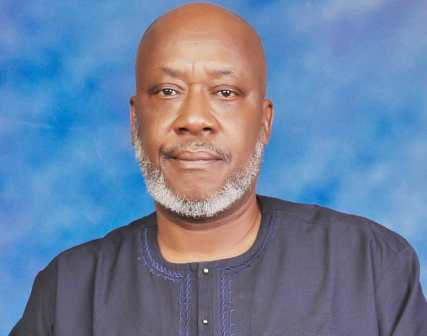President Muhammadu Buhari has been advised to first provide intervention funds for Nigerian bus owners and fleet operators before venturing into removing fuel subsidies.
The former Acting Director-General of the National Automotive Design and Development Council (NADDC), Mr. Luqman Mamudu, made the call in an exclusive interview with Motoring World.
According to him, such a gesture from the government would enable the beneficiaries to acquire new vehicles, a development, he reckons, would cushion the effect of subsidy removal, by causing a reduction in the cost of transportation.
He said: “This is particularly critical to reducing the cost of transportation to commuters if the government intends to remove subsidy on petroleum without public outcry.
“In addition, the move would also contribute to the increase of capacity utilization of the nation’s local automobile assemblers.”
Mamudu fingered the federal government’s inconsistent policy implementation as a major impediment against the desired capacity utilization of the nation’s auto sector.
“The Nigerian automobile sector has an installed capacity to assemble about 500,000 vehicles per annum,” he stressed, adding, “but its capacity utilization has remained at 20,000 vehicles only. Once the constraints to demand are removed through full implementation of the nation’s auto policy or the reviewed version, the industry will grow and flourish, as capacity utilization rises. Local content will also rapidly grow with reduced demand on FOREX.”

Meanwhile, the Federal Government has announced a plan to take care of petrol subsidies till June 2022.
Minister of Finance, Budget and National Planning, Zainab Ahmed, disclosed this at a panel session during the ongoing Nigerian Economic Summit (NES#27) in Abuja.
She said the Federal Government had made provision for petrol subsidy till the end of June next year, adding that complete deregulation of the downstream oil and gas sector will start by July 2022.
“In our 2022 budget, we only factored in subsidy for the first half of the year; the second half of the year, we are looking at complete deregulation of the sector, saving foreign exchange and potentially earning more from the oil and gas industry.”
Chairman of the economic advisory council (EAC), Doyin Salami, said that he had argued for a long time on the issue of the subsidy.
He also said the Petroleum Industry Act (PIA) made the payment of subsidy of petrol illegal.
“With the PIA essentially it makes illegal petrol subsidy and yes, there is a period where NNPC and the new regulatory agencies must calibrate themselves, but at the end of this period – and I think it is about six months, which explains why the minister has said for the first half of the year, there is a provision.”
“My view will be if we could get it done sooner than that, it will be excellent. It releases money. The key point is simply this: we are now, any which way at the tail end of that conversation, except if we choose not to obey the law. My sense is we will obey the law and subsidy will be gone.”
©Copyright MOTORING WORLD INTERNATIONAL.
All rights reserved. Materials, photographs, illustrations and other digital content on this website, may not be reproduced, published, broadcast, rewritten or redistributed in whole or in part without prior written permission from Motoring World International
Contact: [email protected]




